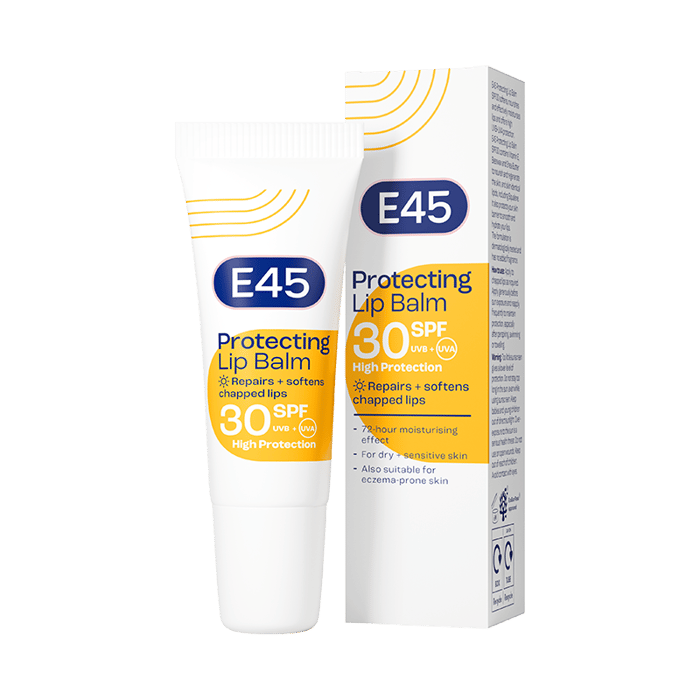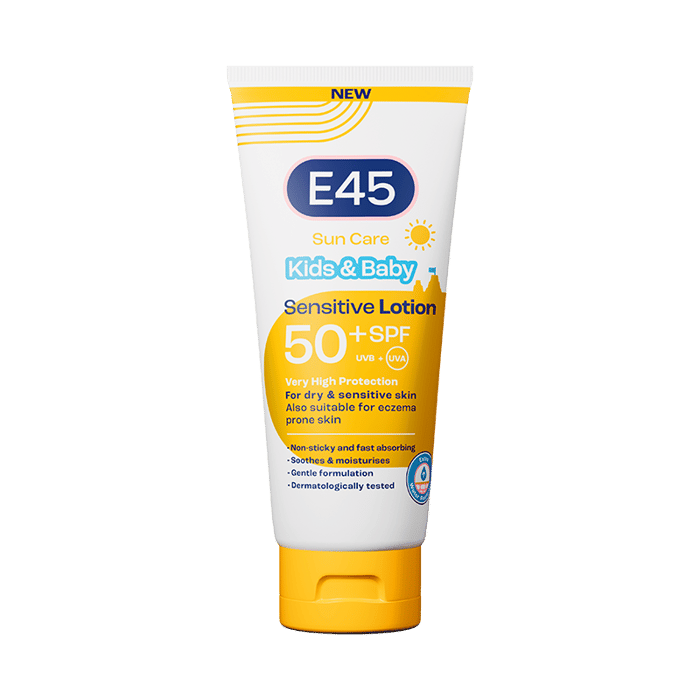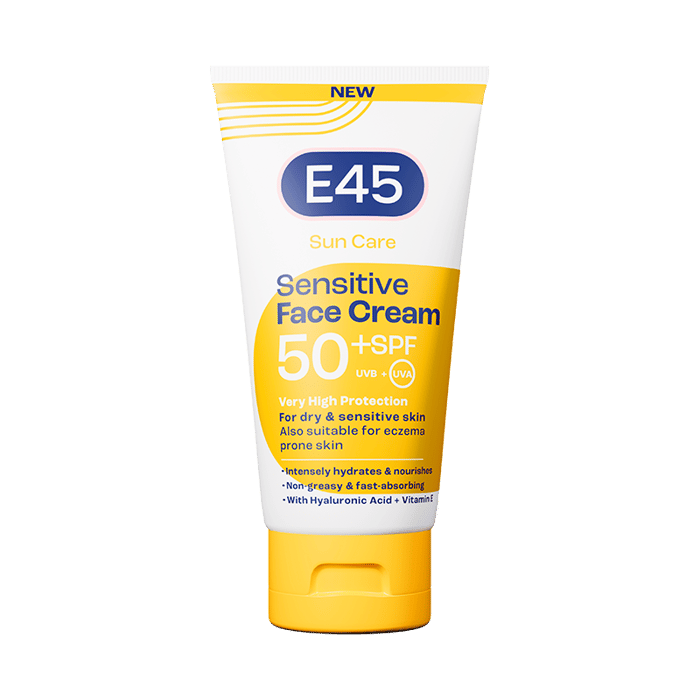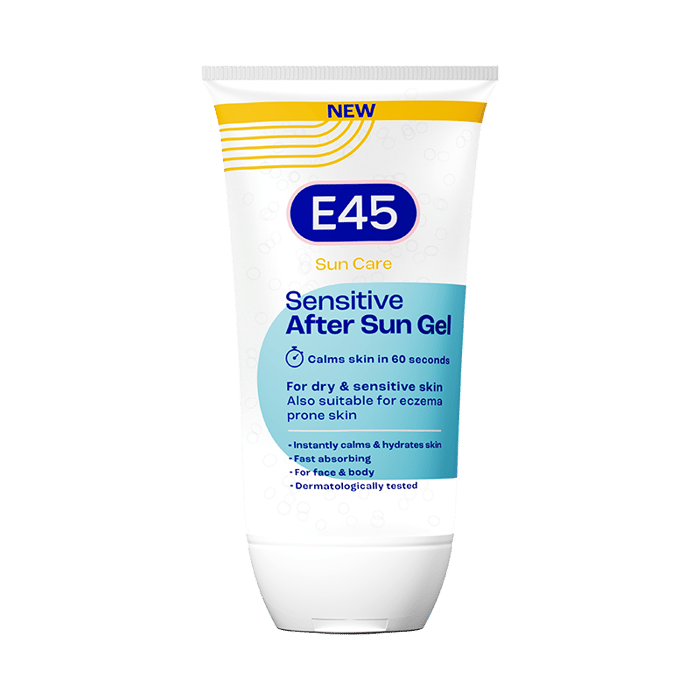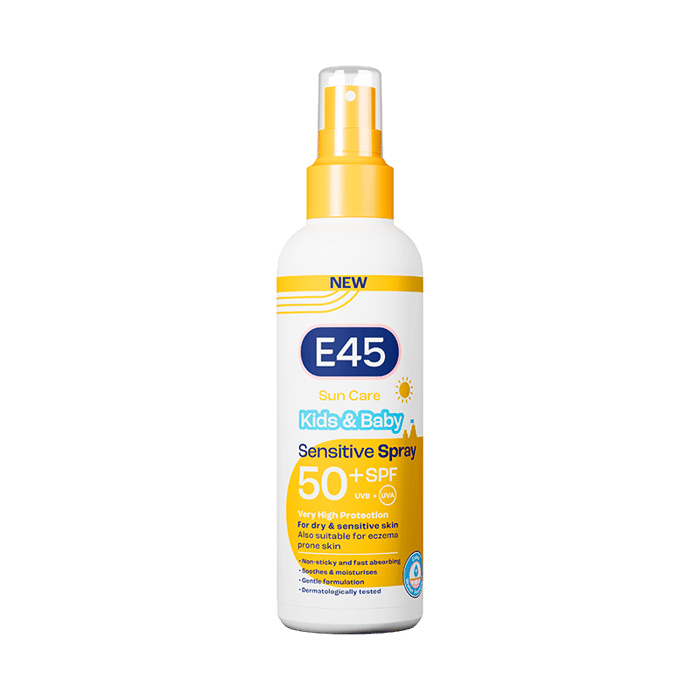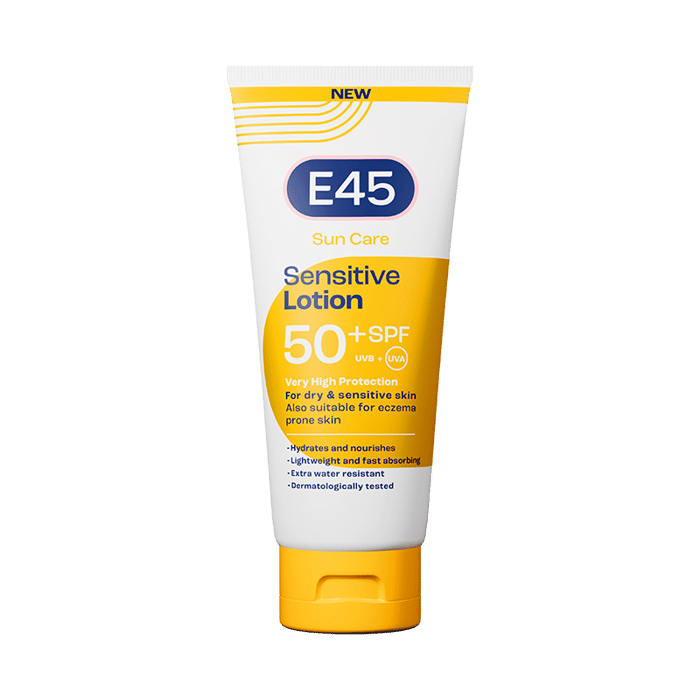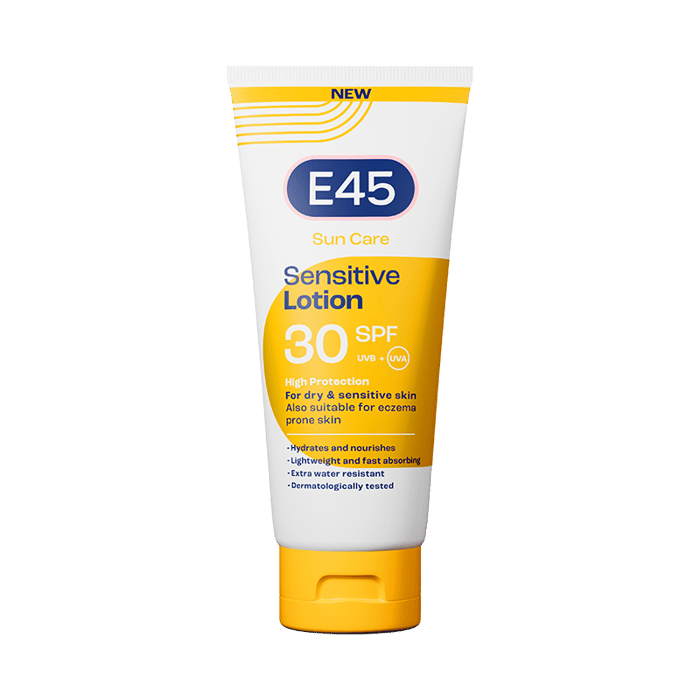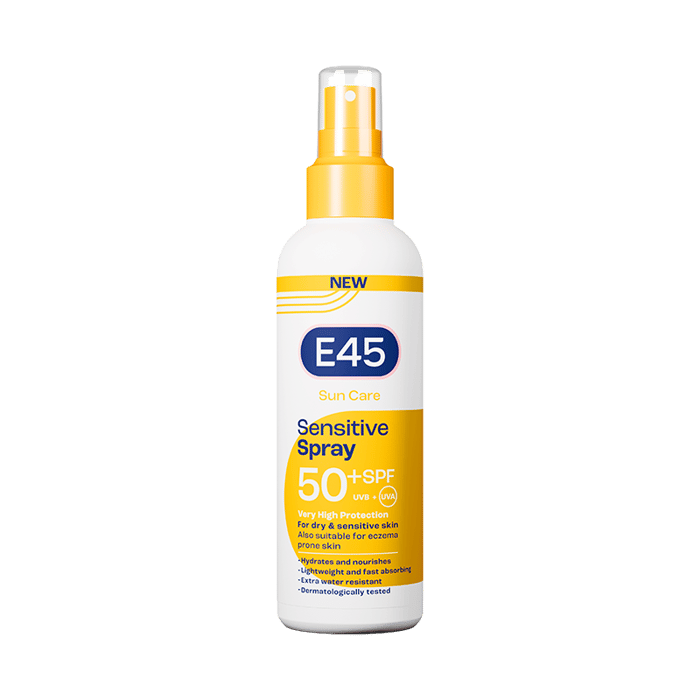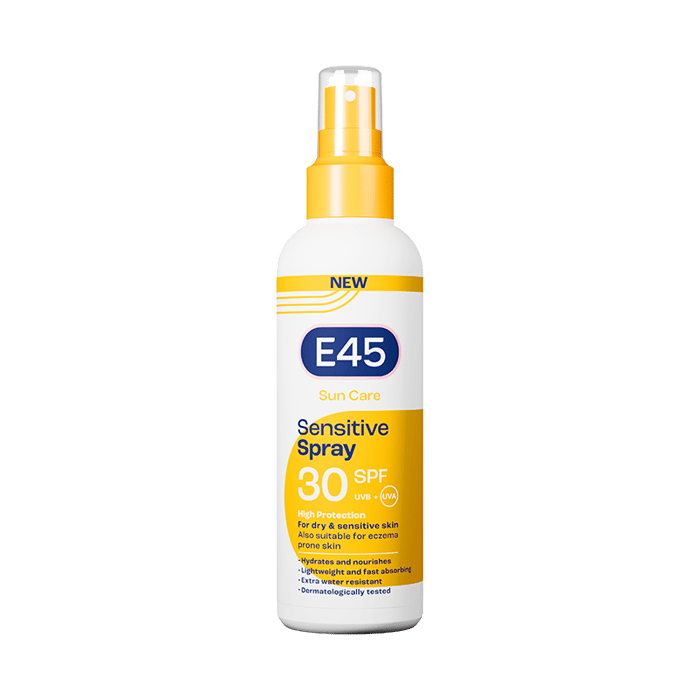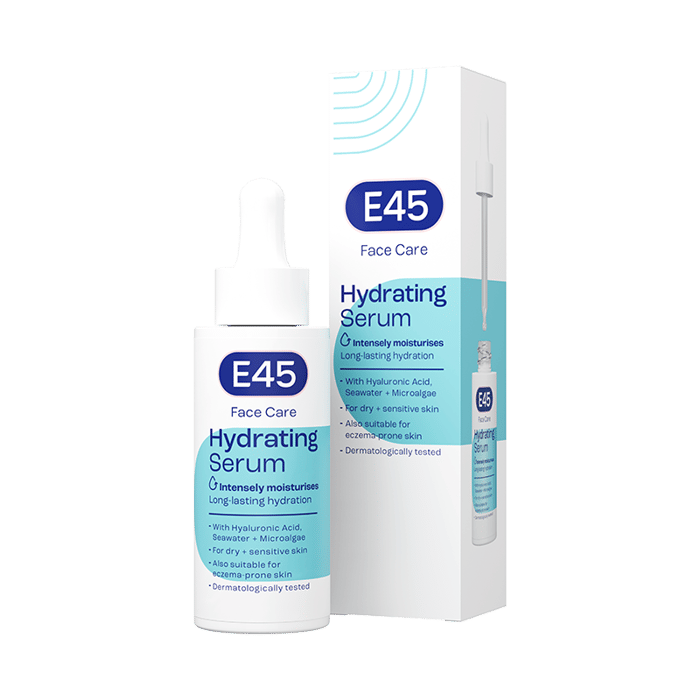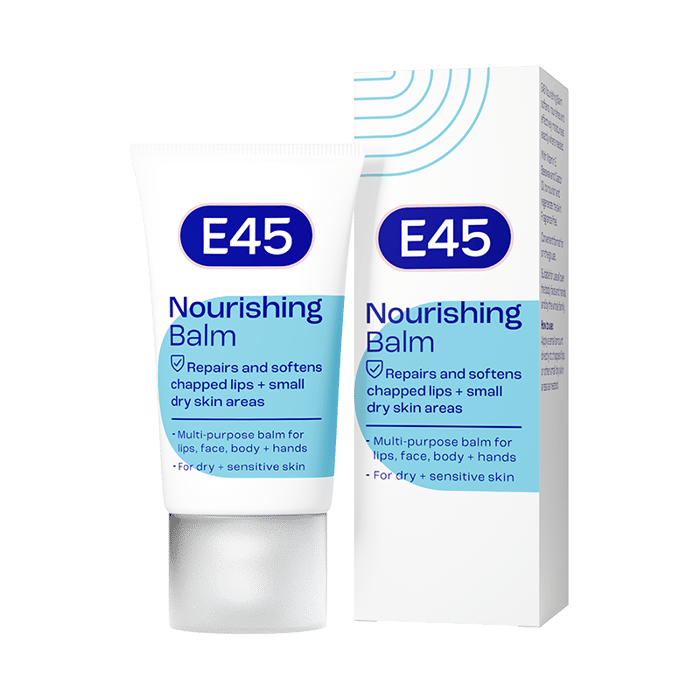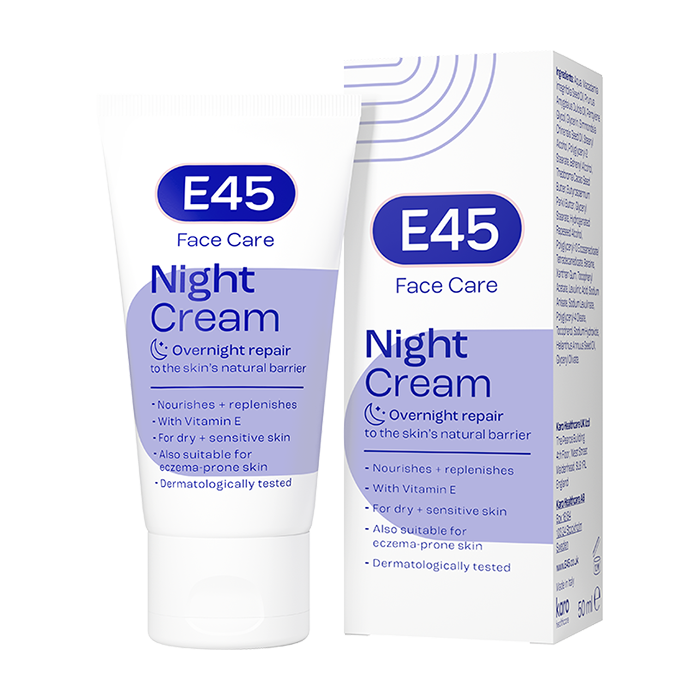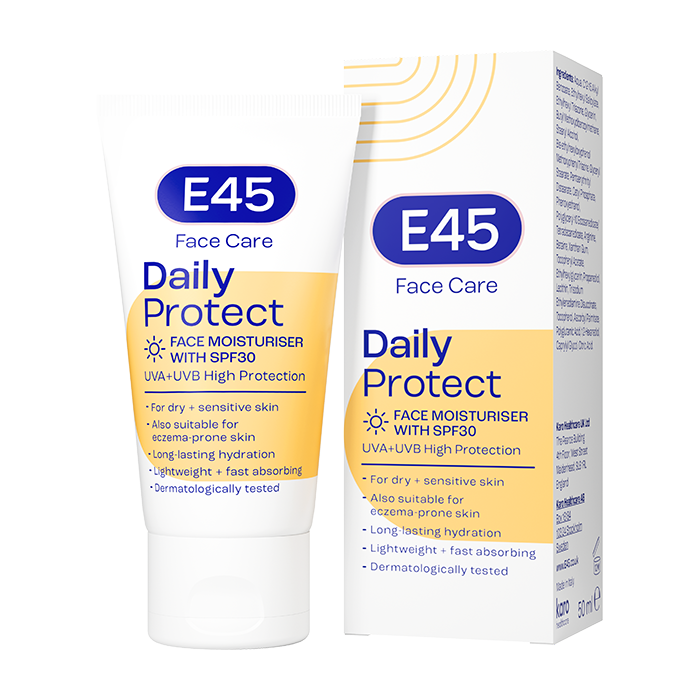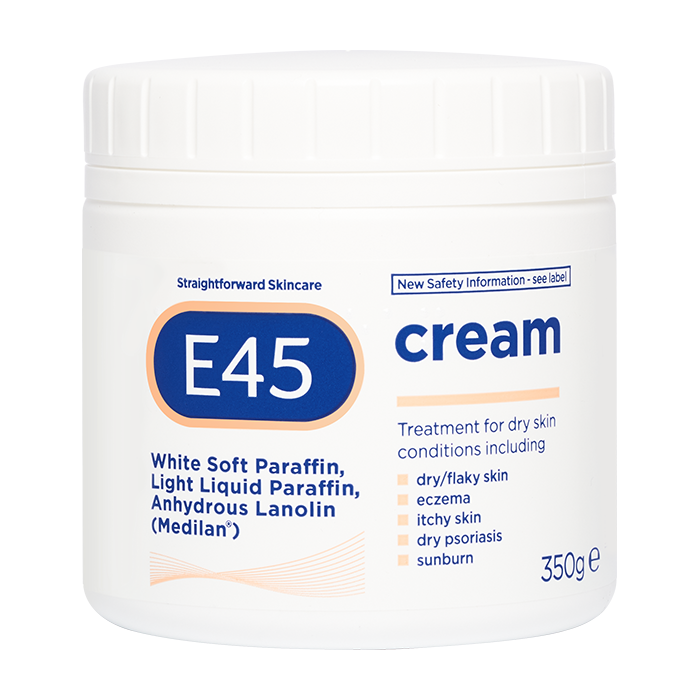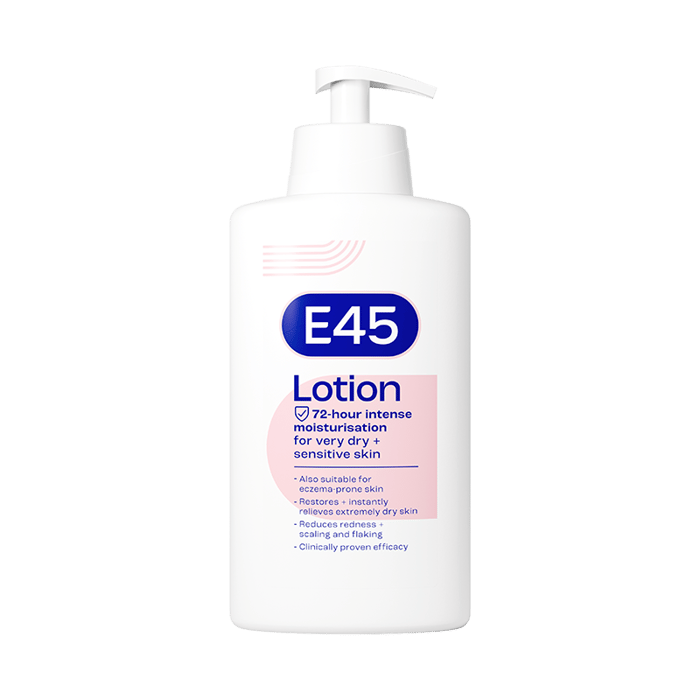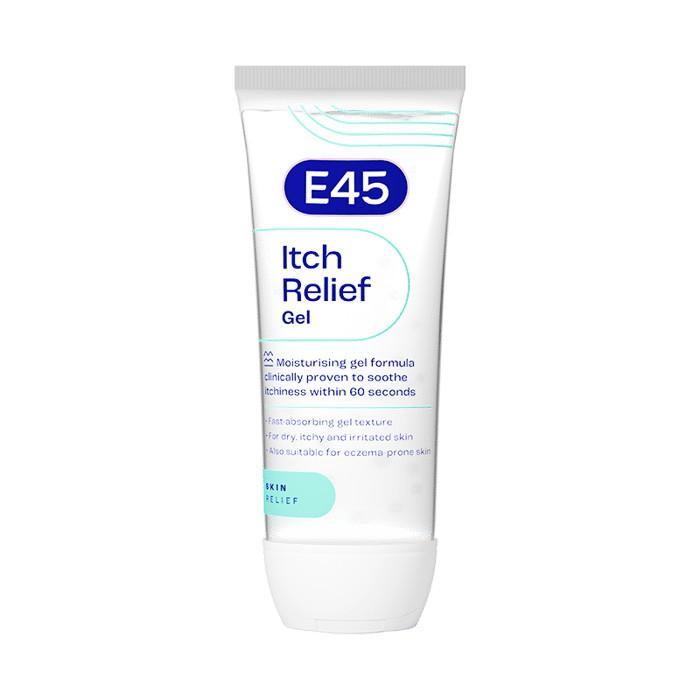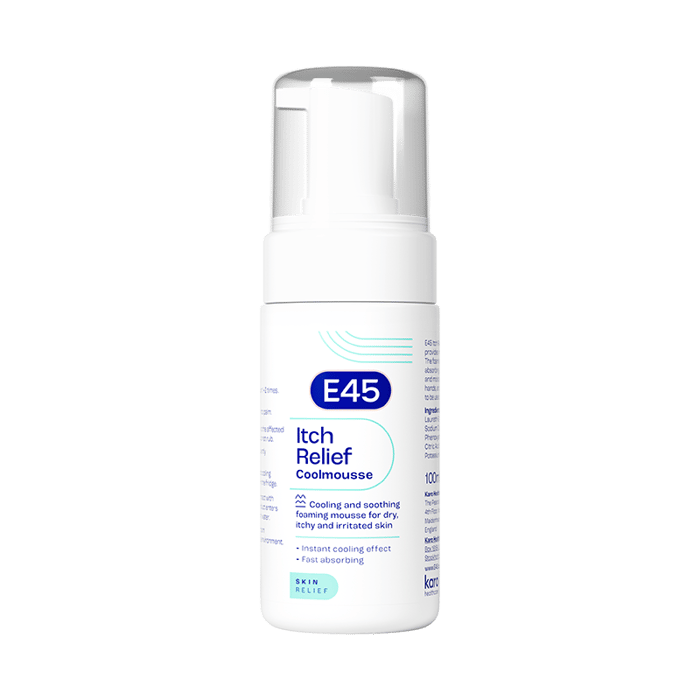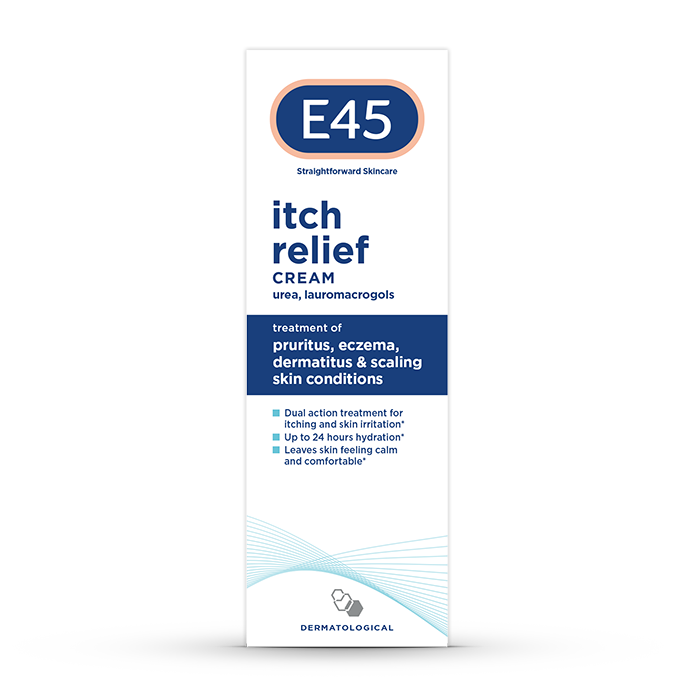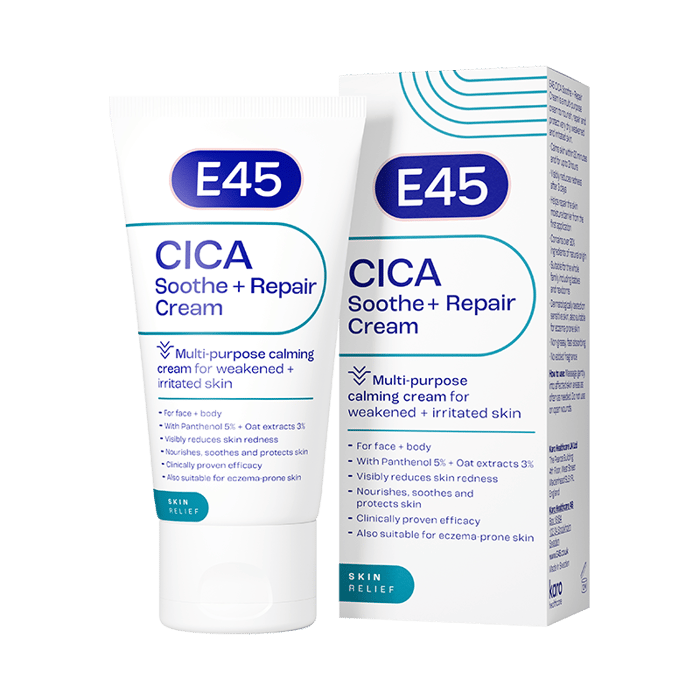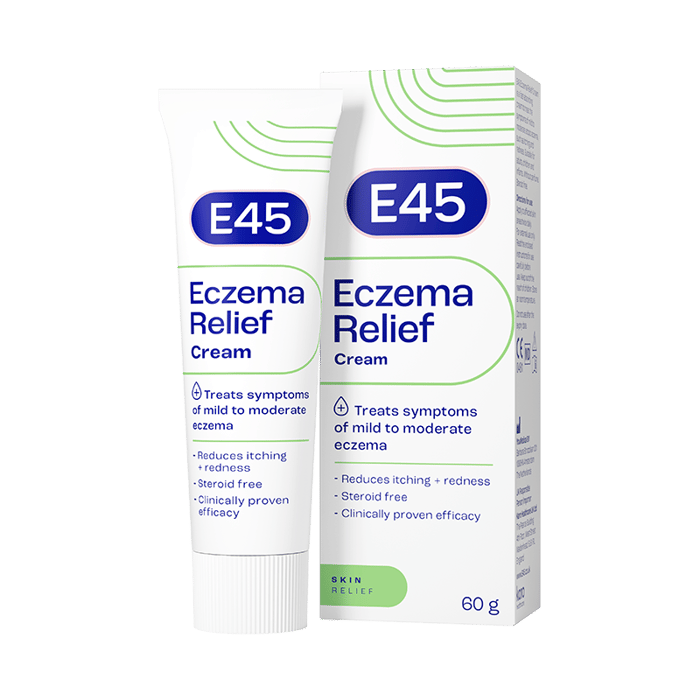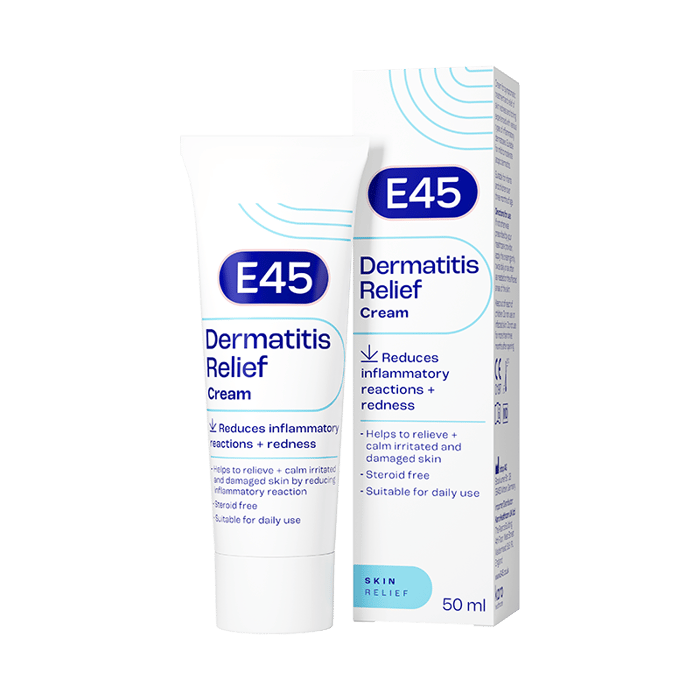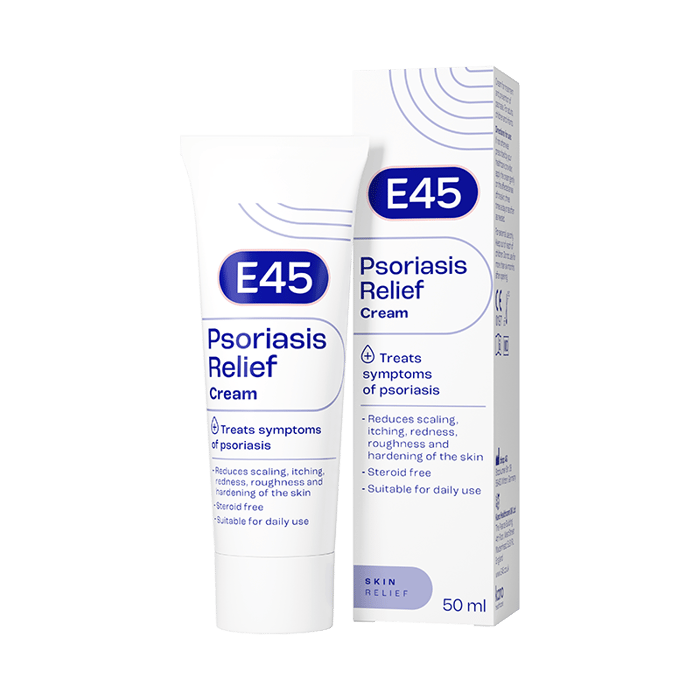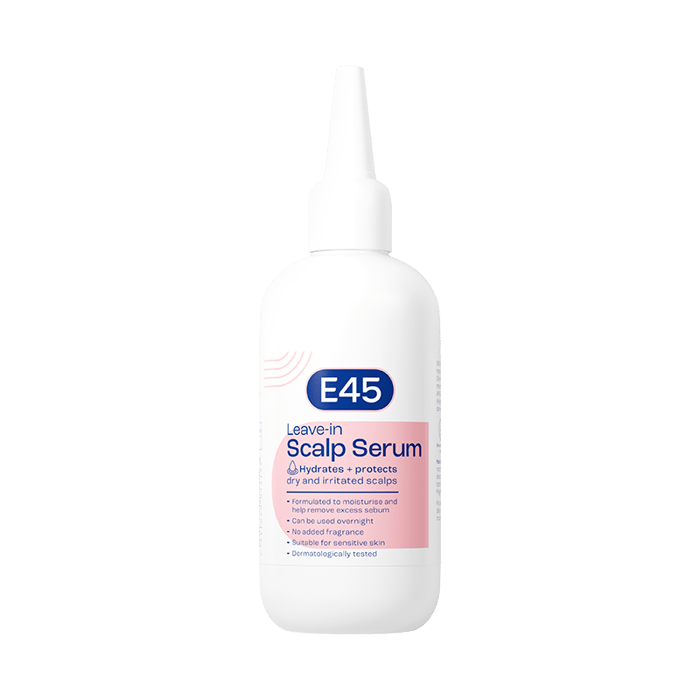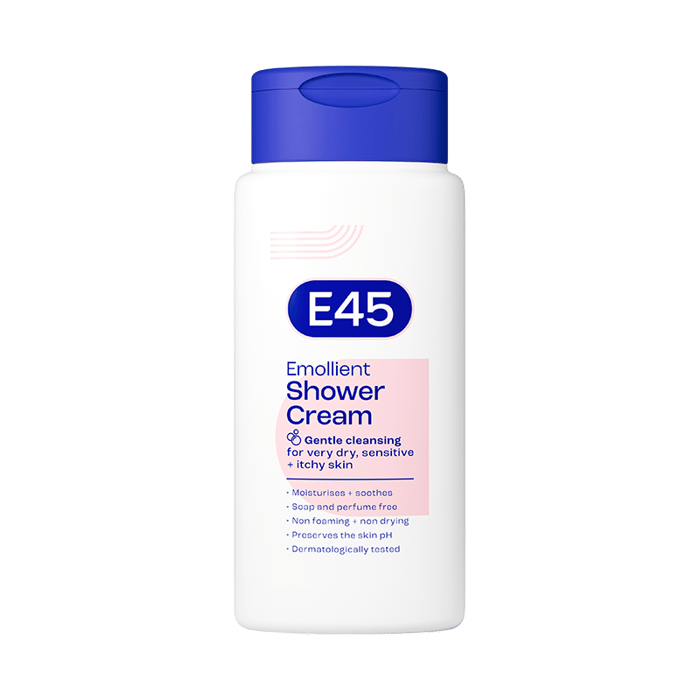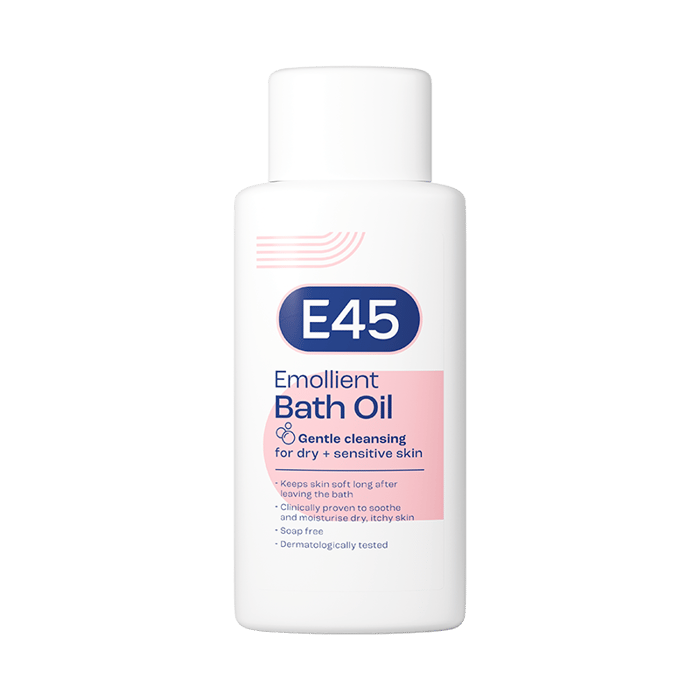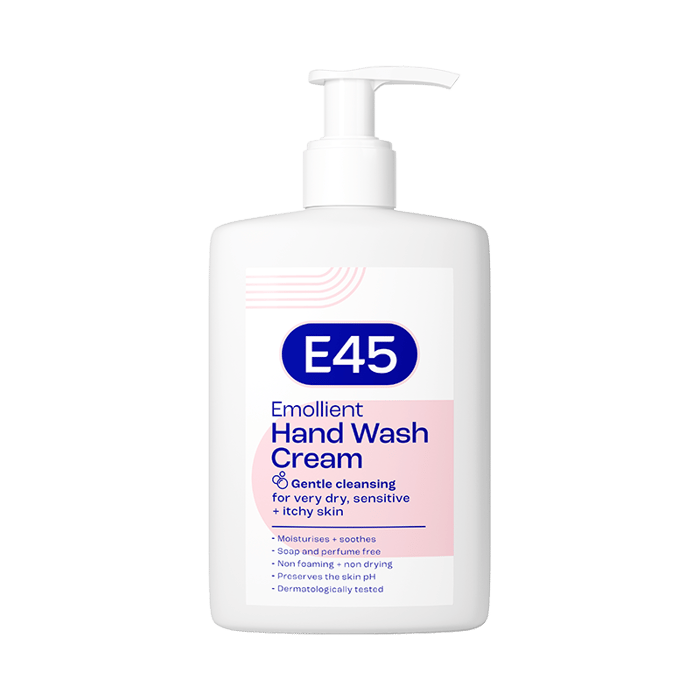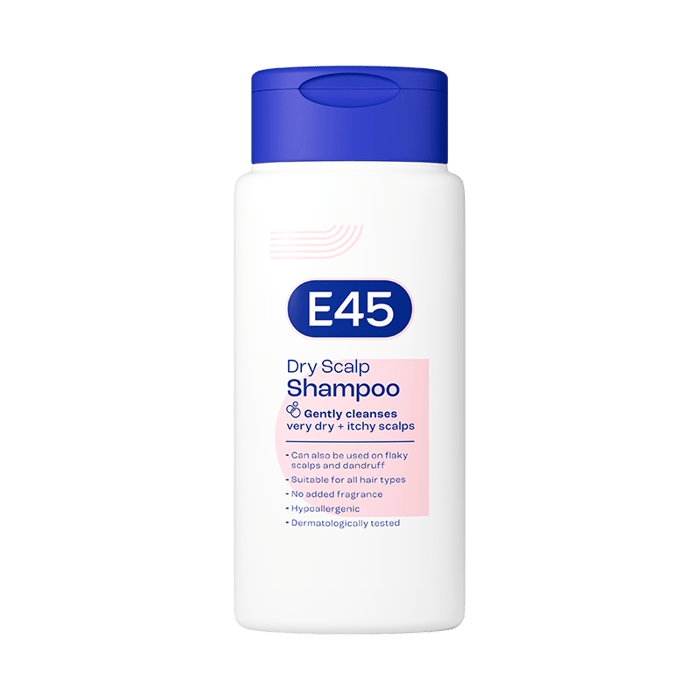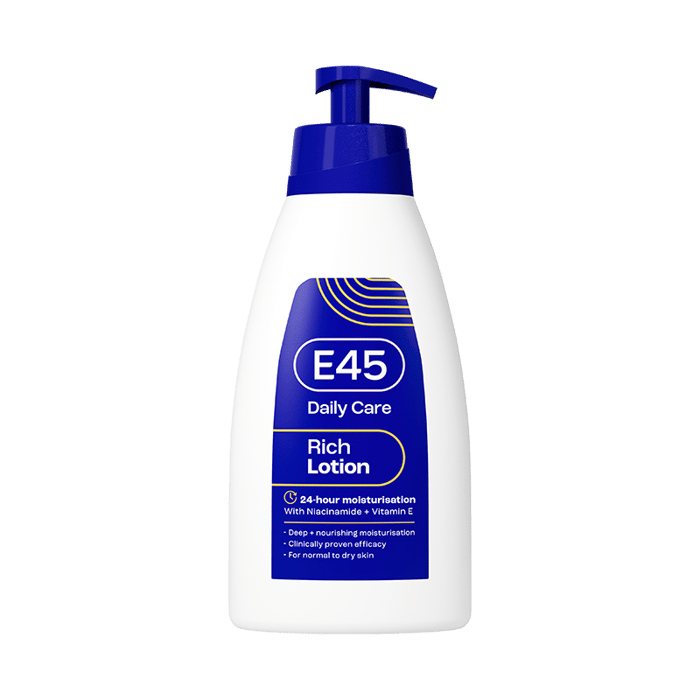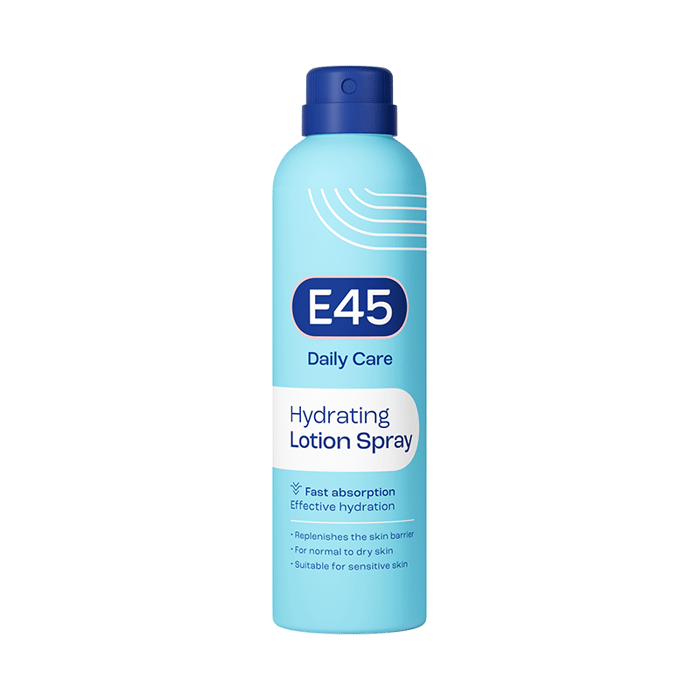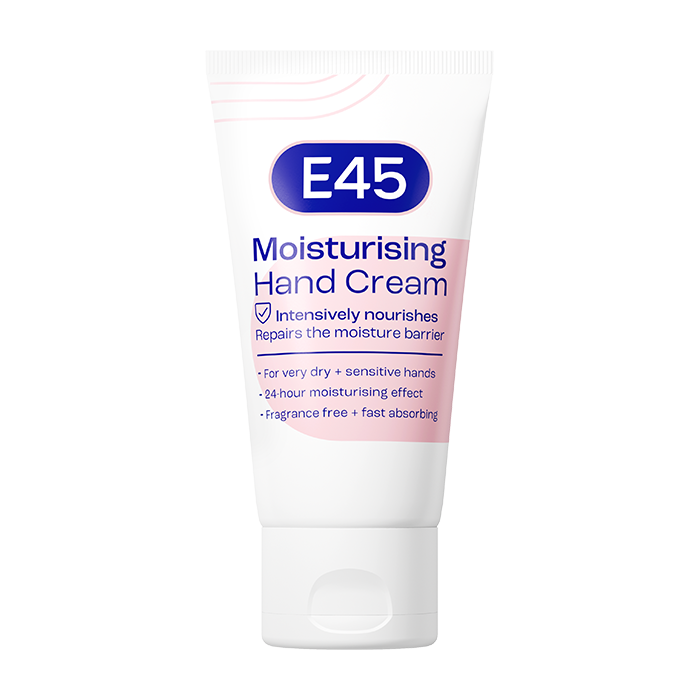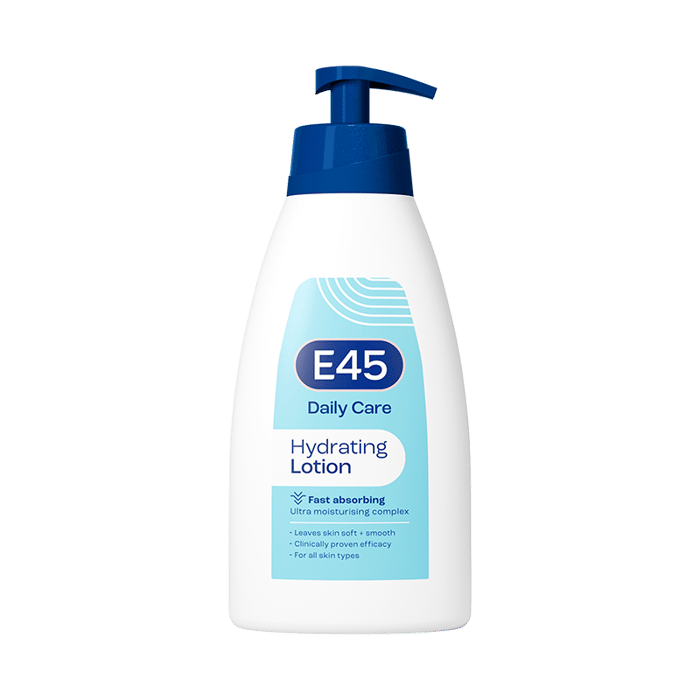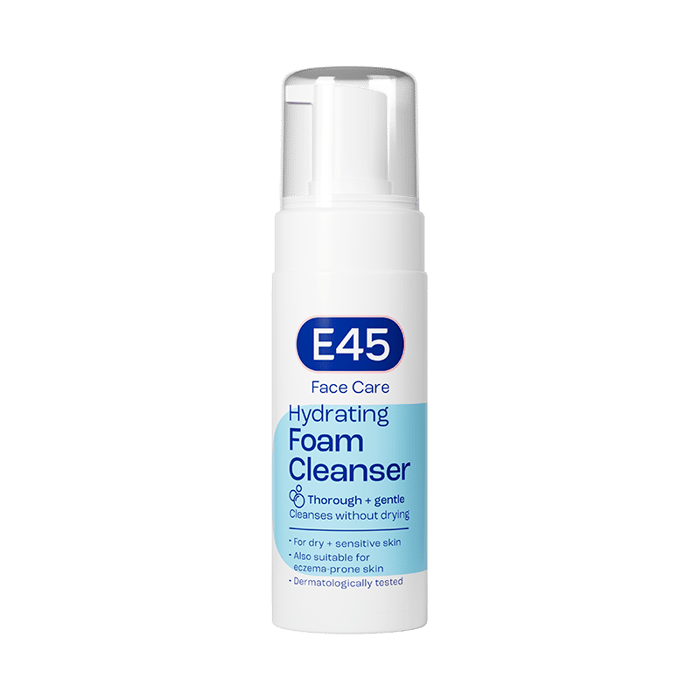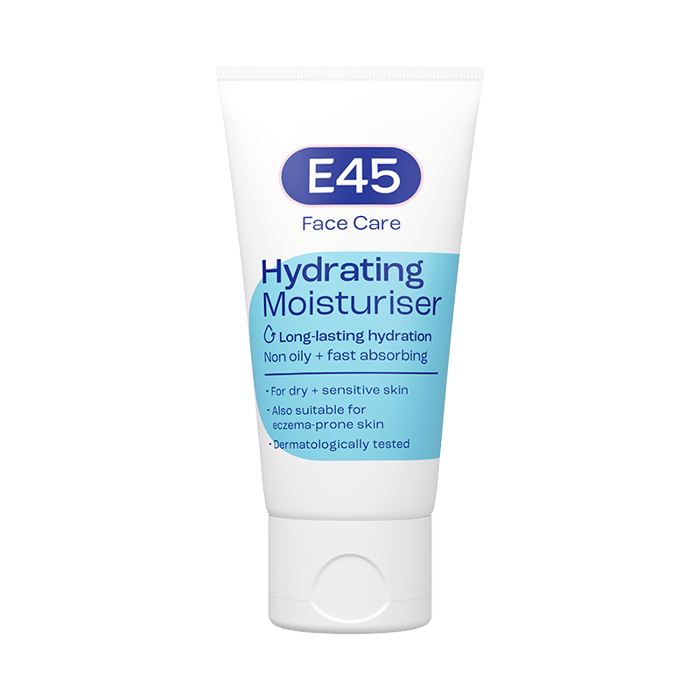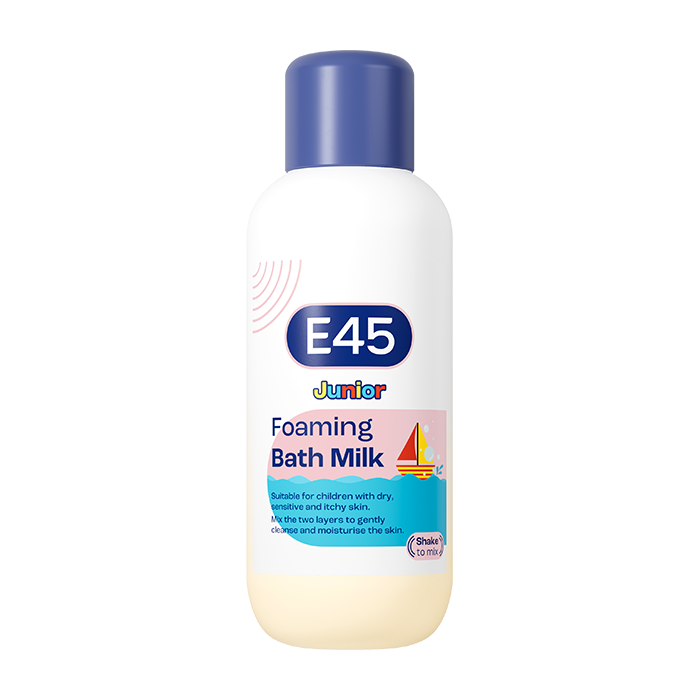Sensitive skincare routine: Gentle care for delicate complexions
When it comes to navigating the realm of skincare, understanding your skin type is the first crucial step. If you have sensitive skin, you might experience redness, irritation, dryness and/or discomfort. Finding the right skincare routine that’s tailored to sensitive skin can help to manage these symptoms and improve skin health.
Understanding sensitive skin
Sensitive skin is typically reactive, and shows adverse responses to certain triggers like harsh ingredients, fragrances, weather changes or stress. It can be genetically determined, or it can develop due to lifestyle factors and the environment. Recognising these triggers is key in order to manage sensitive skin effectively. Most people with sensitive skin experience symptoms such as itchy skin, dryness and redness. The face tends to be the most commonly affected area because the skin on the face is thinner, has a higher density of nerves and commonly uses more products (source).
Building a gentle skincare routine for sensitive skin
When it comes to caring for sensitive skin, every step of your skincare routine should gently soothe and comfort the skin, whilst providing effective protection. Here’s a step-by-step guide to creating the perfect routine:
1. Mild cleansing
Begin your routine with mild cleansing to remove dirt, impurities and excess oil that can irritate your skin and cause breakouts. Use a gentle cleanser, such as the E45 Face Foaming Cleanser. It’s designed to preserve the skin’s natural moisture barrier, reducing the risk of dryness or irritation.
How to apply: Wet your face with lukewarm water, apply a small amount of the cleanser, and massage gently in circular motions. Avoid scrubbing, as this can irritate sensitive skin. Rinse thoroughly and pat your skin dry with a clean towel.
Read more about our face cleansing guidelines here.
2. Soothing toning
After cleansing, a soothing toner can help rebalance your skin’s pH levels and keep your skin hydrated. Choose an alcohol-free, fragrance-free toner to avoid potential irritants.
How to apply: Apply the toner to a cotton pad and gently sweep it over your face. Alternatively, you can pour a few drops into your hands and lightly pat it onto your skin.
3. Targeted treatments
Finally, depending on your specific skin concerns, you may wish to incorporate targeted treatments such as serums or masks, including the E45 Face Hydrating Serum. Some products contain calming ingredients such as aloe vera, chamomile or green tea, which are known for their soothing properties.
How to apply: Follow the instructions on pack for each product. Usually, a small amount is applied to clean, dry skin. Always do a patch test first to ensure your skin tolerates the product well.
4. Moisturising
A good moisturiser for sensitive skin locks in hydration, protects the skin barrier and provides soothing comfort. The E45 Face Moisturiser is an ideal choice for sensitive skin due to its fast-absorbing, non-greasy formula, which reinforces the skin’s natural moisture barrier.
How to apply: Apply a small amount of moisturiser to your skin, gently massaging it in upward strokes. Don’t forget your neck!
5. Sun protection (morning routine)
No skincare routine is complete without sun protection. You could choose to use a moisturiser which already include SPF protection such as E45 Face Daily Protect.
How to apply: Apply a generous amount of sunscreen to all exposed areas of skin, ideally 15 minutes before you go outside. Remember to reapply every two hours, or after sweating or swimming.
Incorporating these steps into your daily routine can make a big difference in managing your sensitive skin’s health and radiance. Remember, patience and consistency are key – it can take time to see the results of your skincare efforts. Learn more about sun care in our SPF and sun protection guide and extensive guide on sun safety and sunscreen.
Techniques for sensitive skin care
Gentle application and patch testing
Remember to be gentle when applying your skincare products. Harsh rubbing can cause irritation. For new products, always do a patch test on a small area of the skin to ensure they don’t cause a reaction.
Hydration and managing flare-ups
Keeping your skin hydrated can help to manage flare-ups. Drink plenty of water and use a hydrating moisturiser.
Tailoring the routine to your skin’s needs
While there are general guidelines for a skincare routine, it’s important to remember that everyone’s skin is unique. Our skin reacts differently to various products and ingredients, so a routine that works for one person might not work for another. For sensitive skin, this rule applies even more stringently.
Understanding your skin
To tailor your routine to your skin’s needs, start by understanding its particular quirks and nuances. Does your skin tend to get red and itchy in response to certain ingredients? Does it feel tight and uncomfortable after using specific products? Identifying these patterns is the first step towards personalising your skincare routine.
Avoid allergens
Sensitive skin can be triggered by allergies and irritants. Keep a diary to understand what your skin might be sensitive or allergic to and be sure to avoid those allergens (source). Allergic reactions on the skin can arise from touch, breath or oral intake.
Choose your products carefully
Once you understand your skin’s likes and dislikes, you can start to customise your product selection. Let’s say, for instance, that your skin tends to feel dry and tight after cleansing. In this case, you might choose to switch to a cream-based cleanser.
Experiment and adjust
Tailoring your skincare routine is an ongoing process. You might find that a product that worked great in the winter doesn’t cut it in the summer. Or perhaps your skin’s needs have changed due to age, stress or environmental factors. Regularly review your skincare routine and adjust as necessary. It’s all about listening to your skin and responding to its needs.
Use products that are suitable for sensitive skin
To avoid reactions, it’s important to stick to products that have been dermatologically tested and approved for sensitive skin.
Sensitive skin needs a little extra care and attention, but with a well-tailored skincare routine, you can help keep your skin calm, healthy and radiant.
Lifestyle factors and sensitive skin
Maintaining a balanced diet, getting regular exercise, getting plenty of sleep and managing stress levels can all help to promote healthy skin. Quitting smoking and reducing alcohol intake can also help to ensure you aren’t exacerbating skin issues.
Professional guidance and support
If you continue to experience skin irritation and discomfort despite your best efforts, seek advice from a healthcare professional. Dermatologists can help diagnose any underlying conditions and recommend targeted treatments.
Conclusion
Understanding your skin’s triggers, following a gentle skincare routine, maintaining a healthy lifestyle and seeking professional guidance, when needed, are the pillars of effective sensitive skin care.
Everyone’s skin is unique, so be patient and in time, with the right routine, you can have a healthy, radiant complexion. With E45’s dermatologically-tested products, you’re one step closer to soothing your sensitive skin. If you want to learn more about building a skincare routine, check out our in-depth guide.
FAQ: Sensitive skin routine
What’s the best skincare routine for sensitive skin?
A gentle skincare routine for sensitive skin should include the following steps:
- Cleansing: Start with a gentle cleanser like E45 Face Foaming Cleanser, which is specifically formulated to cleanse without drying out the skin.
- Toning: Use an alcohol-free toner to help rebalance your skin’s pH levels and keep your skin hydrated.
- Targeted treatments: Depending on your specific skin concerns, you may want to incorporate calming serums or masks into your routine.
- Moisturising: Lock in hydration and protect your skin’s barrier with a nourishing moisturiser such as E45 Face Moisturiser.
- Sun protection: In the morning, apply sunscreen or a moisturiser containing SPF to protect your skin from harmful UV rays.
Remember, it’s always beneficial to conduct a patch test when trying new products to ensure they don’t cause irritation.
What skincare should I avoid with sensitive skin?
If you have sensitive skin, you should avoid skincare products that contain potential irritants, including:
- Harsh exfoliants: Physical scrubs or chemical exfoliants with high concentrations can be too abrasive.
- Fragrance: Synthetic fragrances can cause of irritation and allergic reactions.
- Alcohol: High concentrations of certain alcohols can dry out and irritate the skin.
- Colorants and Dyes: These can also cause allergic reactions.
Always read product labels carefully and opt for products specifically formulated for sensitive skin, such as the E45 range.

